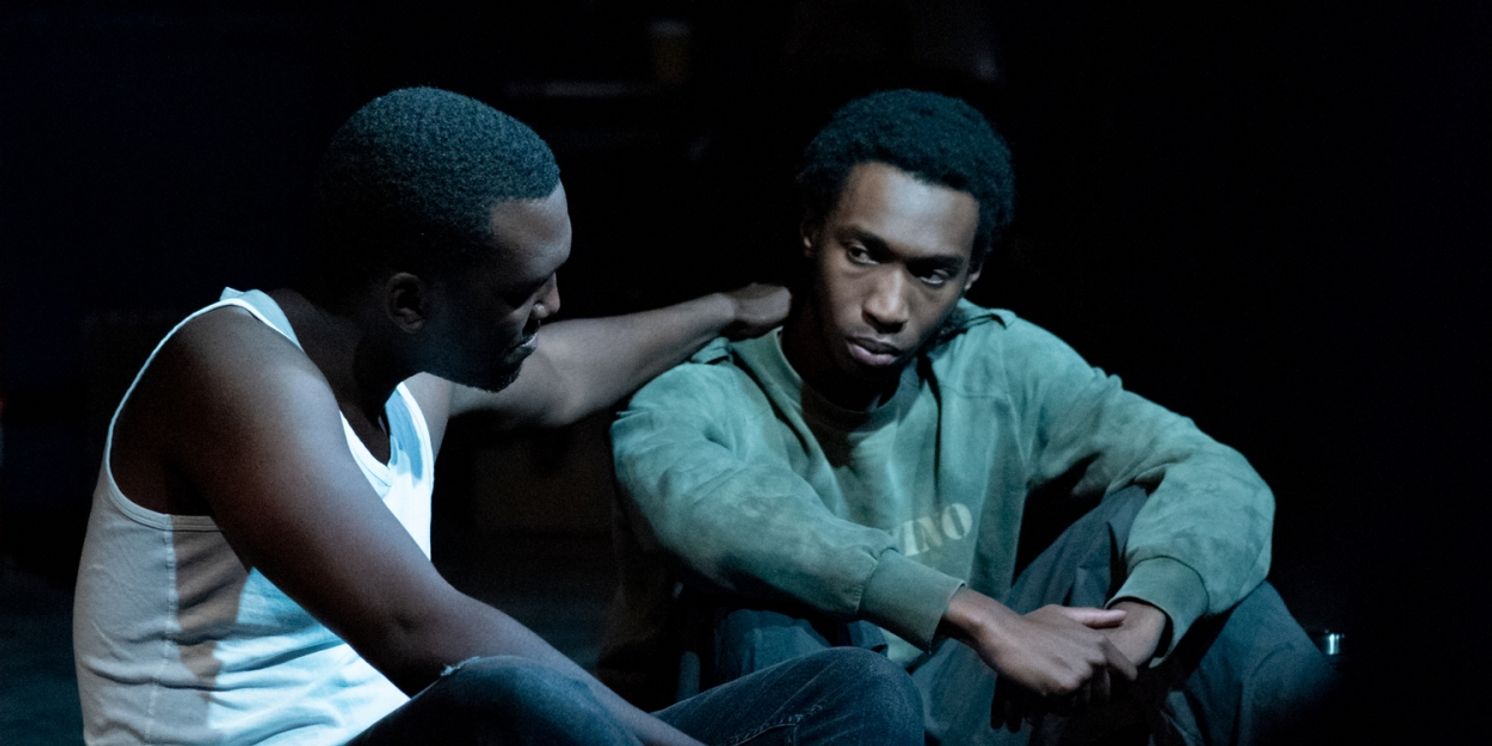Tamasha Launches New Mental Health Training Project For Global Majority Artists
Participants will engage in practical workshops, training and discussion with industry professionals and have the opportunity to pilot an Arts and Wellbeing project.

Tamasha has been awarded a grant of £45,732 over 30 months through the Baring Foundation's Arts for Wellbeing for Global Majority Artists fund to develop its new Creative Wellbeing Lab. Launched today with an open call out for participants, the project will recruit theatre practitioners from the global majority and train to deliver mental health support in order to help make the Arts and mental health sector more representative of the UK population.
Led by Tamasha in partnership with Creative Health Camden and the Medical Humanities team at King's College London, the Creative Wellbeing Lab is a paid training opportunity supporting global majority practitioners - including performers and creatives - to explore and utilise their own practice to address ongoing mental health crises.
Once recruited participants will engage in practical workshops, training and discussion with industry professionals and have the opportunity to pilot an Arts and Wellbeing project in the community. The scheme will provide career development to practitioners from global majority backgrounds and enable them to be creative leads on their own projects.
Pooja Ghai, Artistic Director, Tamasha: “Tamasha is committed to responding to the world around us. As theatremakers we have encountered the mental health crisis unfolding in and out of our rehearsal rooms and organisations and how this is affecting people across the UK and on our own Camden doorstep. As social changemakers it felt necessary that we do what we can to respond to this, in the way we know best – through theatre and connection.
Tamasha is a home for global majority artists, supporting them to reach their full potential, develop their skills and share their expertise. Cultivating a holistic practice is paramount to achieving this. Global majority artists have been historically marginalised and systemic injustices are heightened at times such as these. We are looking forward to recruiting a group of exceptional practitioners to be part of this journey with Tamasha, Creative Health Camden and King's College London. We are very thankful to the support from the Baring Foundation, who have made this possible.”
David Cutler, Director, Baring Foundation: “Since 2021, the Foundation has committed over £1.3 million to support the arts and mental health sector to be more representative of the UK population by using the skills and experience of more participatory artists from global majority communities. We are delighted to be supporting Tamasha, Creative Health Camden and King's College London as one of a wider cohort of 38 organisations we have funded with this objective, and look forward to seeing the results of this partnership.”
Antonia Attwood, Artistic Director, Creative Health Camden: ‘We are really excited to be working with Tamasha on this project training global majority practitioners to work within the Arts and health sector. This work is so important to really broaden the ethnicities and diversity within and arts and health. To give people an opportunity to really harness their creativity and see how they can support others with their creative practice.”
Dr Alex Mermikides, Medical Humanities Team at the GKT School of Medical Education, King's College London: “Within arts and health there a paucity of opportunities for global majority artists to develop and hone their skills as theatre-makers and community facilitators. Given the pattern of mental health diagnoses, it is all the more important that those facilitating in these areas reflect the participation groups.”
Dr Katharine Low, Medical Humanities Team at the GKT School of Medical Education, King's College London: “This is a groundbreaking opportunity to collaborate with Tamasha and CHC to create spaces for careful and nurturing learning spaces to redress the lack of representation of global majority artists in Arts and Health settings and to expose medical students to the value of arts-based interventions in mental health care and social prescribing.”
Videos

